Musical deflation
Pop songs are getting shorter. Is that such a bad thing?
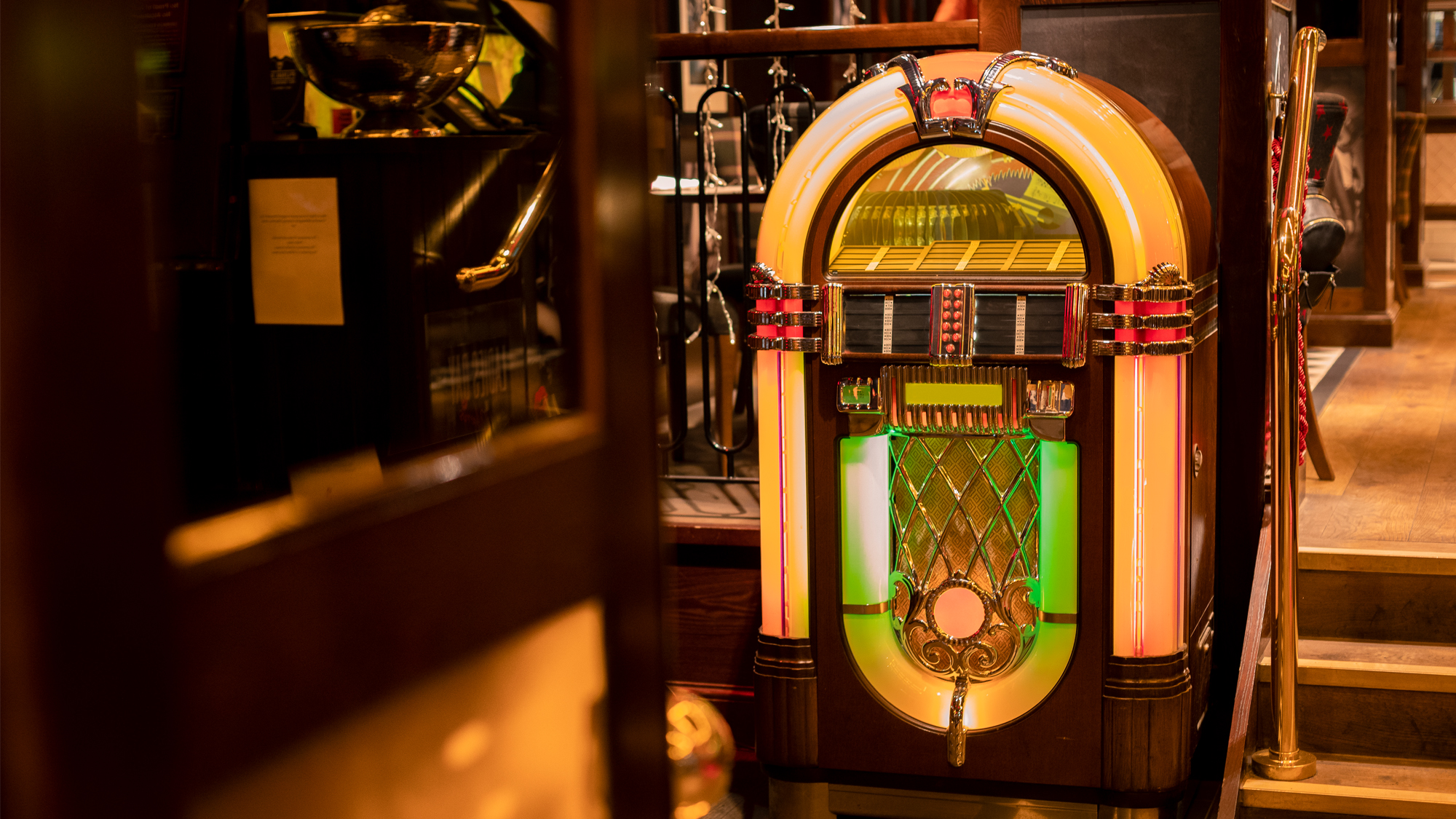
A free daily email with the biggest news stories of the day – and the best features from TheWeek.com
You are now subscribed
Your newsletter sign-up was successful
As a teenager in small-town England in the early 1990s, I spent far too many hours hanging out in the backroom of my local pub. That musty space contained two things that were a magnetic draw for adolescent males in the pre-digital age: a pool table and a jukebox. While my friends would pump 20 pence pieces into the table, I'd feed my coins into the wall-mounted CD player. There was an art to selecting the perfect songs. They had to rock. And, because I wanted to dominate the sound system for as long as possible and get maximum value from my paper-route money, they had to be long. Wayne's World ensured that Queen's "Bohemian Rhapsody" was a regular pick. But at 5 minutes and 55 seconds it felt, well, insufficiently epic. Metallica's "One" — the album version, natch — came in at a more respectable 7 minutes and 27 seconds. But it was Guns N' Roses' "Coma" that delivered the greatest bang for the buck, at 10 minutes and 14 seconds. Preposterously bloated? Arguably. Cost-effective? Absolutely.
The belief that a long song was a good song was, judging from the exasperated look of other pub patrons, not widely held 30 years ago. It's even rarer today. The average single on the Billboard Hot 100 is now about three minutes, down from more than four in 1990. People on streaming sites "want to switch to the next thing," said songwriter Erika Nuri Taylor, "the next song, the next video, the next TikTok." Forced to compete in a world of distractions — and because artists don't earn royalties on Spotify if a listener clicks away in the first 30 seconds — songwriters now aim to kick off with an arresting hook and then leap straight into the chorus. There's no time for a slow build, a bridge, or, sorry Slash, a second or third guitar solo. I'd like to bemoan the shrinking attention spans of Gen Z, but the awkward truth is that their pop brevity might be exactly what we need after decades of musical inflation. The average length of a hit song in the 1950s? Two minutes and 46 seconds.
This is the editor's letter in the current issue of The Week magazine.
The Week
Escape your echo chamber. Get the facts behind the news, plus analysis from multiple perspectives.

Sign up for The Week's Free Newsletters
From our morning news briefing to a weekly Good News Newsletter, get the best of The Week delivered directly to your inbox.
From our morning news briefing to a weekly Good News Newsletter, get the best of The Week delivered directly to your inbox.
A free daily email with the biggest news stories of the day – and the best features from TheWeek.com
Theunis Bates is a senior editor at The Week's print edition. He has previously worked for Time, Fast Company, AOL News and Playboy.
-
 A dreamy long weekend on the Amalfi Coast
A dreamy long weekend on the Amalfi CoastThe Week Recommends History, pasta, scenic views – this sun-drenched stretch of Italy’s southern coast has it all
-
 Can foster care overhaul stop ‘exodus’ of carers?
Can foster care overhaul stop ‘exodus’ of carers?Today’s Big Question Government announces plans to modernise ‘broken’ system and recruit more carers, but fostering remains unevenly paid and highly stressful
-
 6 exquisite homes with vast acreage
6 exquisite homes with vast acreageFeature Featuring an off-the-grid contemporary home in New Mexico and lakefront farmhouse in Massachusetts
-
 Josh D’Amaro: the theme park guru taking over Disney
Josh D’Amaro: the theme park guru taking over DisneyIn the Spotlight D’Amaro has worked for the Mouse House for 27 years
-
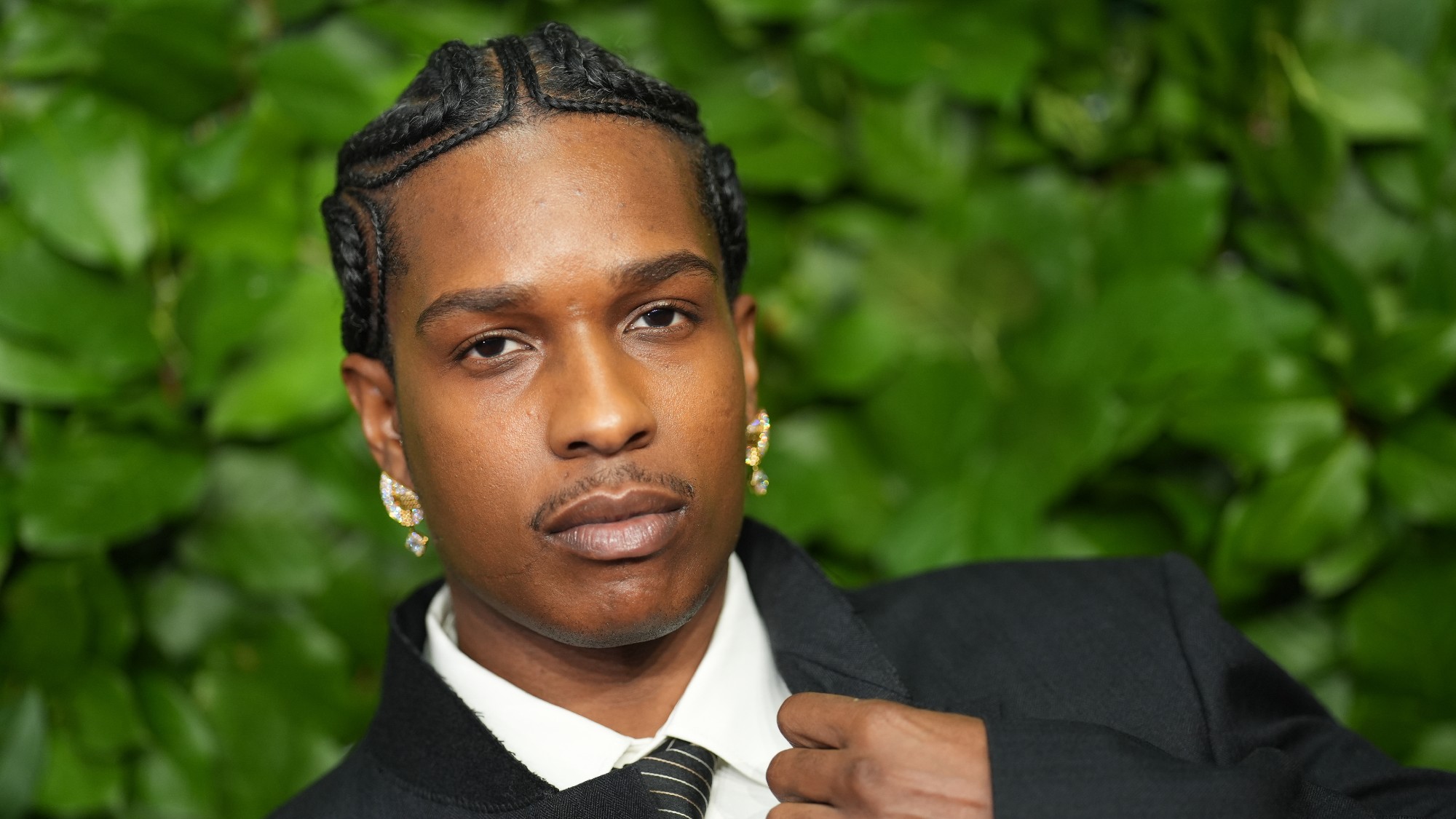 Music reviews: Ari Lennox, Lucinda Williams, and A$AP Rocky
Music reviews: Ari Lennox, Lucinda Williams, and A$AP RockyFeature ‘Vacancy,’ ‘World’s Gone Wrong,’ and ‘Don’t Be Dumb’
-
 Heated Rivalry, Bridgerton and why sex still sells on TV
Heated Rivalry, Bridgerton and why sex still sells on TVTalking Point Gen Z – often stereotyped as prudish and puritanical – are attracted to authenticity
-
 Bad Bunny, Lamar, K-pop make Grammy history
Bad Bunny, Lamar, K-pop make Grammy historySpeed Read The Puerto Rican artist will perform at the Super Bowl this weekend
-
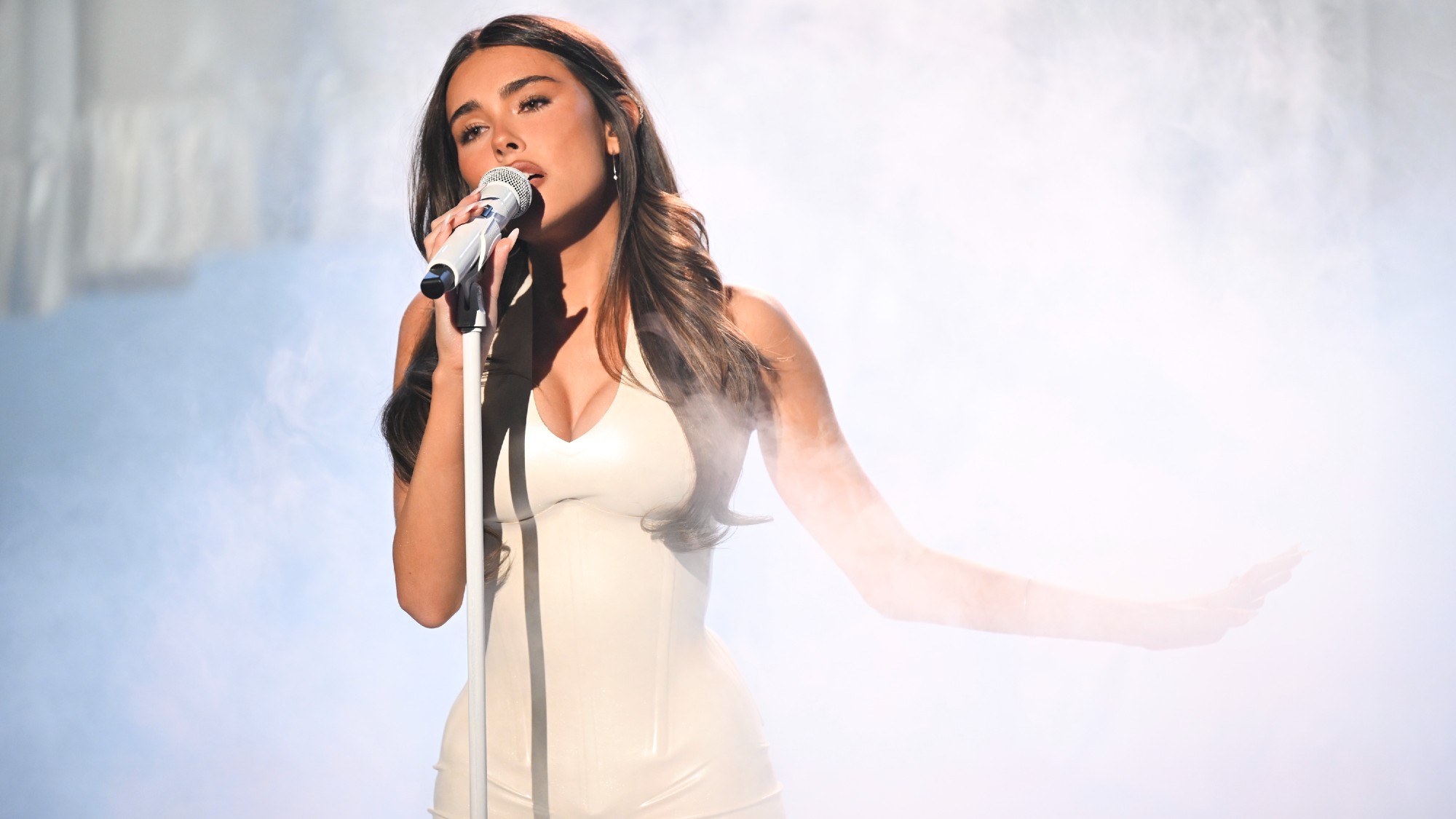 Music reviews: Zach Bryan, Dry Cleaning, and Madison Beer
Music reviews: Zach Bryan, Dry Cleaning, and Madison BeerFeature “With Heaven on Top,” “Secret Love,” and “Locket”
-
 13 Gen Z workplace terms and phrases
13 Gen Z workplace terms and phrasesin depth From ‘quiet firing’ to ‘resenteeism,’ there are clues about why employers and employees in America are having such a sad time
-
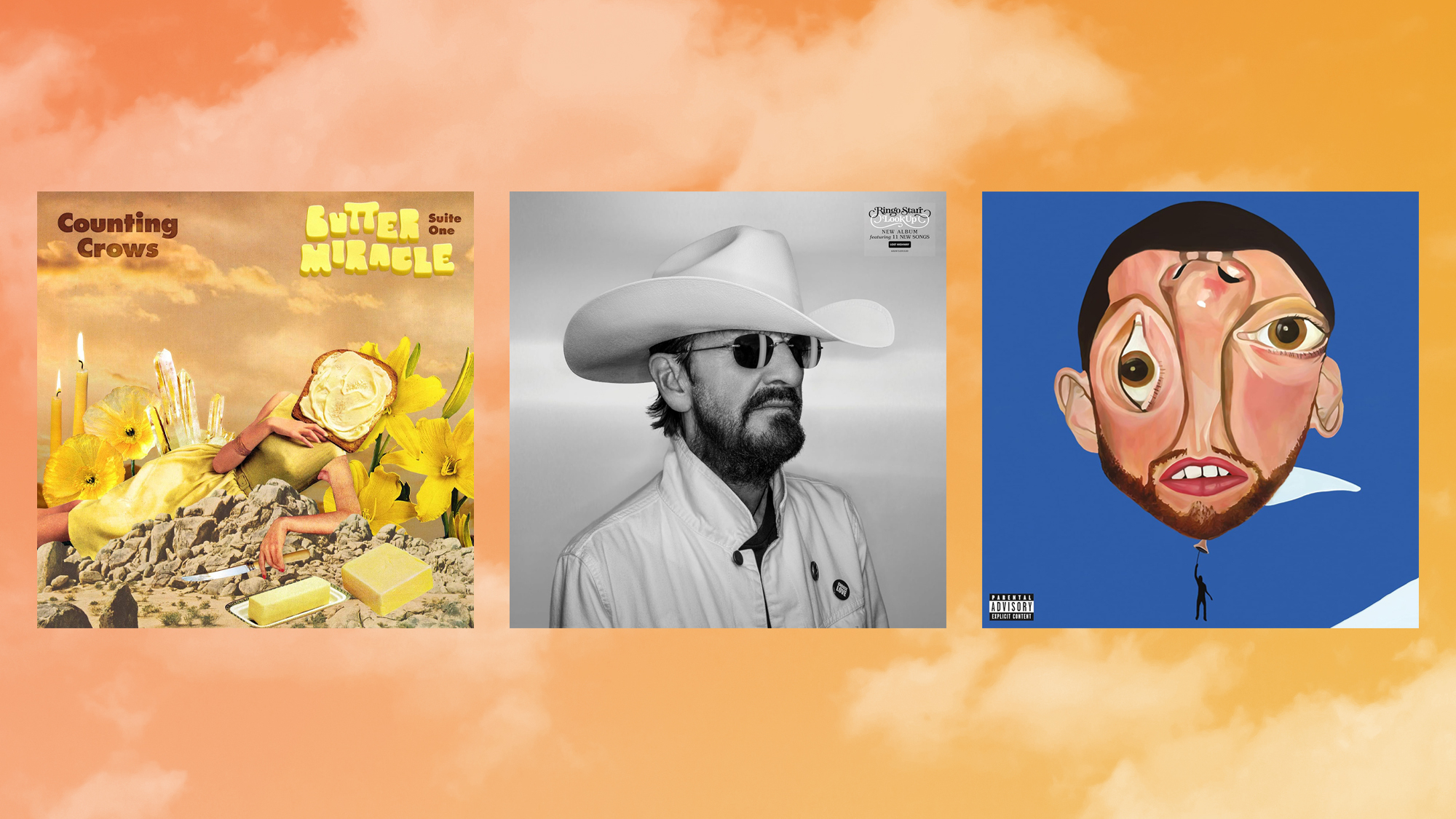 The best music of 2025
The best music of 2025The Week Recommends These were some of the finest releases of the past year
-
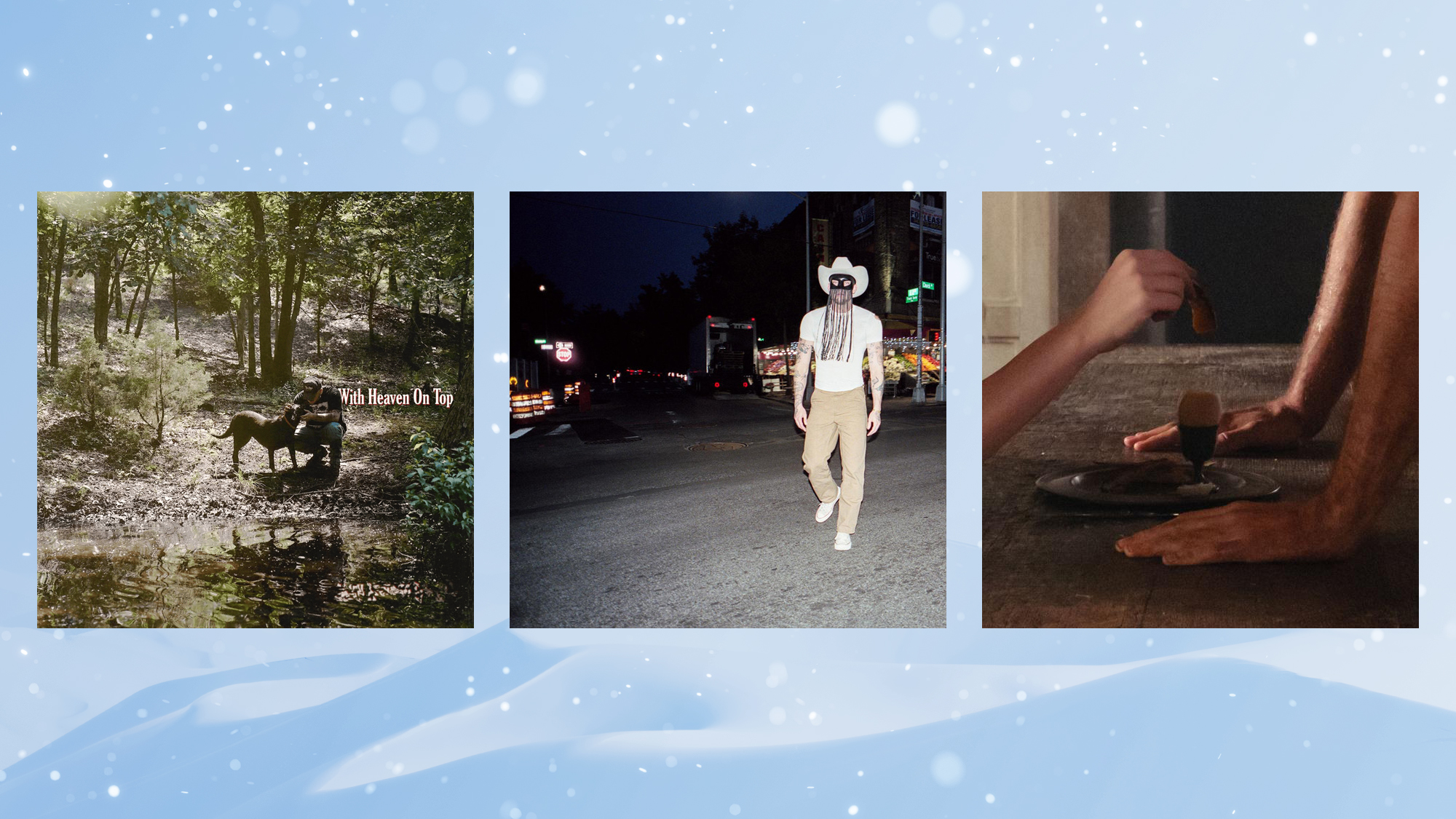 10 upcoming albums to stream during the winter chill
10 upcoming albums to stream during the winter chillThe Week Recommends As the calendar turns to 2026, check out some new music from your favorite artists